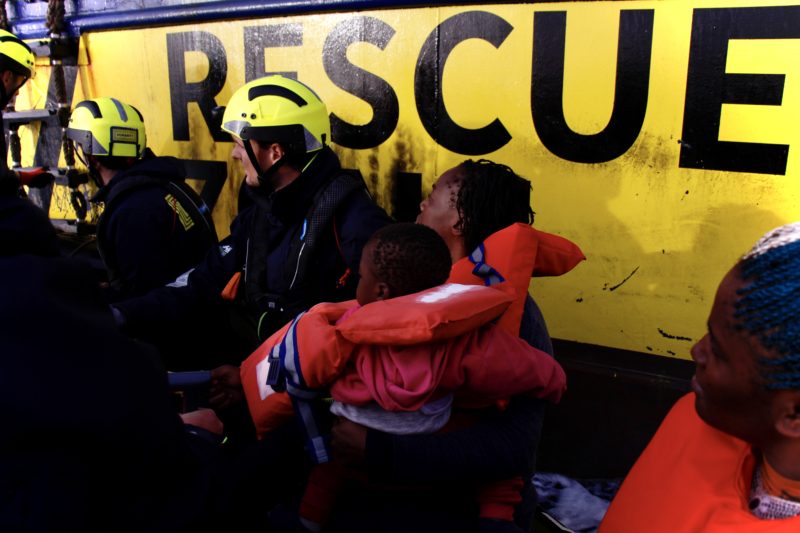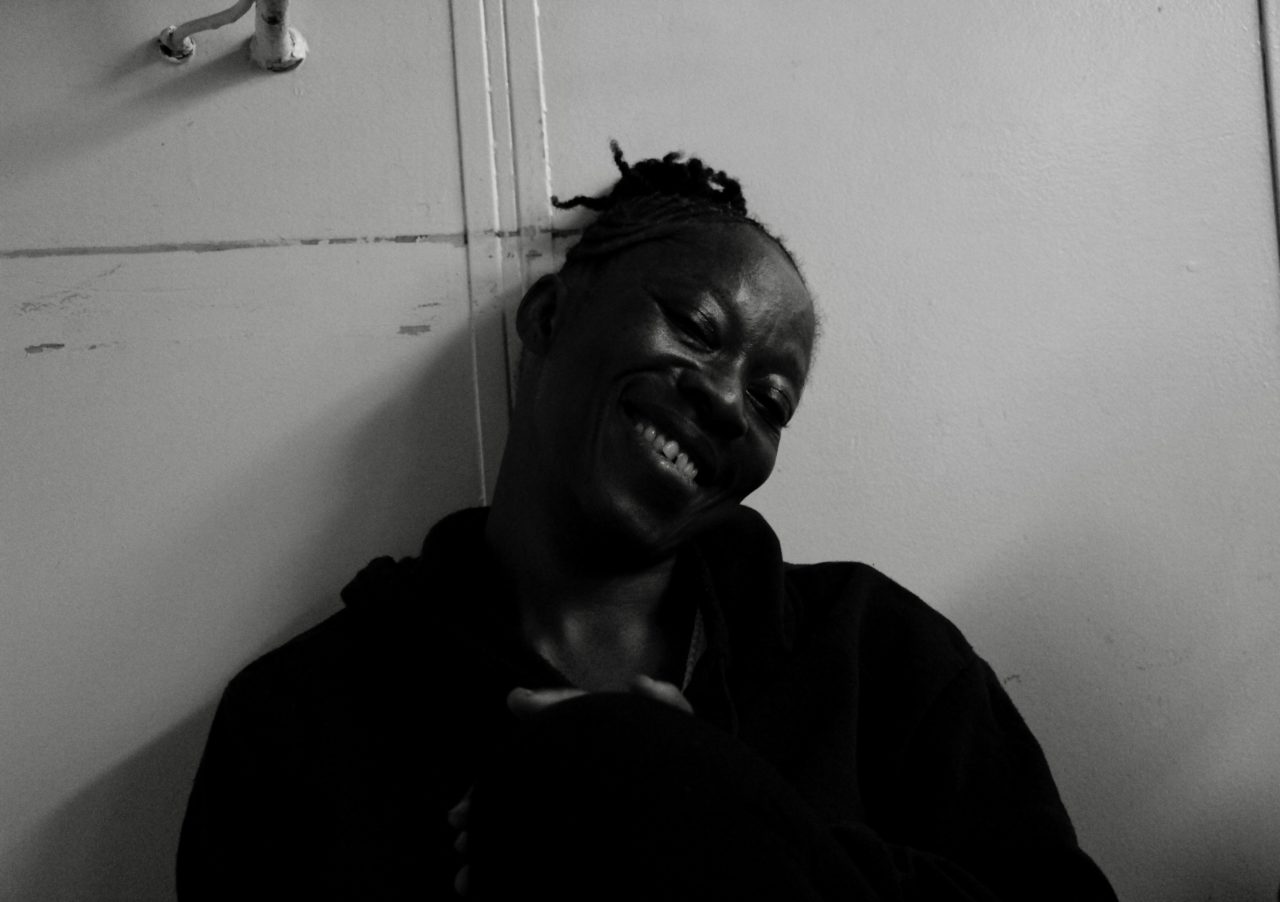“They beat me every day” – rescued women´s testimonies about their flight and time in Libya

Trigger warning: The following text deals with the reality of life of many women refugees. Various forms of (sexualised) violence as well as murder are addressed and described in the text.
This article is part of our campaign for International Women’s Day #WomenRescueWomen.
50 percent of all refugees are women and girls.
However, the longer the flight route, the smaller this proportion gets, and in 2020, only 10 per cent of all refugees registered in Europe were female [1, 2].
This development can be attributed to the often lower financial means available to women. In addition, they often bear the responsibility for children and elderly or sick family members, which further complicates fleeing long distances.
Although women flee for similar reasons to men, they are exposed to additional violence because of their gender. ‘Gender-based violence’ includes, but is not limited to, female genital mutilation, forced marriages and forced prostitution, as well as rape as a weapon of war. These specific hazards do not end when women leave their country of origin.

The women and girls we rescue and welcome on board often have a long and dangerous route behind them. In Libya in particular, they have been subjected to arbitrary detention, inhumane treatment and sexualised violence.
The following testimonies provide harrowing evidence of how much strength, courage and willpower these women to fulfil their desire for a self-determined life in safety.
Dangers en route and the inhuman situation in Libya
Marie*(20) from Guinea was rescued together with her child by the crew of the Humanity 1 in December 2022. Here she recounts episodes of her escape.
„I crossed the desert of Algeria. When I was crossing, Nigerians raped me, and this baby came from the violation. When I arrived in Libya, I was four months pregnant.
[…]
My baby was born in prison, one week after they let me go. The taxi driver kidnaped us again and then sold me and my one-week-old baby. I stayed one year with this man. I was forced into prostitution to pay for my freedom.“
Akissi* (32 from Côte d’Ivoire), also recounts the dangers en route and in Libya. She was rescued in December 2022 along with her son and another boy she took into care while fleeing.
„It took me 7 months to travel to Libya because I had no money. I found my second boy in the Sahara Desert. He was traveling alone; his mom had died.
[…]
When I reached the sea with my two boys, the Libyans caught us. We stayed in prison for eight months; they gave us no food and beat the moms and babies every day.”
Aisha* also describes her experiences in Libya. The 25-year-old Cameroonian was rescued from distress at sea in December 2022.
I was kidnapped the first time in Benghazi when I was 20 years. I stayed in prison for 1 month, there was no food, no water and no light, I think it was some kind of parking lot. They beat me every day. They asked for 5,000 Libyan dinar, but I didn’t have money.
One day the kidnapper came and – bang bang bang bang – started shooting everyone around. I was lucky they didn’t kill me. I ran and escaped. The girls that stayed were sold for prostitution.
I found a job in a house as a nanny, but they never paid me; instead, they beat me every day.”
Suzanne* speaks of violence towards refugees. She was detained in Libya with her baby. In December 2022, she was rescued in the central Mediterranean by our crew.
„The Libyans took my baby like this [grabbing her son from the hoodie of the pullover] and threw him to the floor. I screamed and cried and when I took him back, his face was covered in blood. I cried so much. I don’t want to talk about it, I don’t have the strength.“
More testimonies by rescued women
*Names were changed to protect the identity of the interviewed people. Portraits were made with consent given by the people photographed.
[1] UNHCR, Global Trends Report 2021
[2] UNHCR, Operational Data Portal – Refugee Situation – Mediterranean
[3] Post,Ulrich. 2016. “Blog. Frauen auf der Flucht.“


